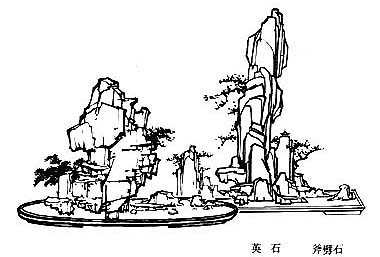Lun Yu 
 – Les Entretiens de Confucius
– Les Entretiens de Confucius
Le Maître échange propos, anecdotes, brèves paraboles et maximes avec ses disciples. Tr. Couvreur (fr), Legge (en) et Lau (en).
Lunyu XVII. 16. (463)
Le Maître dit : « Les Anciens étaient sujets a trois défauts, qui n'existent peut-être plus à présent1. L'originalité, du temps des Anciens, était liberté ; celle d'aujourd'hui est la licence. La fierté, du temps des Anciens, était intégrité ; celle d'aujourd'hui est la hargne. La naïveté, du temps des Anciens, était droiture ; celle d'aujourd'hui est la fourberie. »
Couvreur XVII.16.
The defects of former times become vices in the time of Confucius.
1. The Master said, "Anciently, men had three failings, which now perhaps are not to be found.
2. "The high-mindedness of antiquity showed itself in a disregard of small things; the high-mindedness of the present day shows itself in wild license. The stern dignity of antiquity showed itself in grave reserve; the stern dignity of the present day shows itself in quarrelsome perverseness. The stupidity of antiquity showed itself in straightforwardness; the stupidity of the present day shows itself in sheer deceit."
Legge XVII.16.
The Master said, 'In antiquity, the common people had three weaknesses, but today they cannot be counted on to have even these. In antiquity, in their wildness men were impatient of restraint; today, in their wildness they simply deviate from the right path. In antiquity, in being conceited, men were uncompromising; today, in being conceited, they are simply ill4empered. In antiquity, in being foolish, men were straight; today, in being foolish, they are simply crafty.'
Lau [17:16]

Les Entretiens de Confucius – Lun Yu XVII. 16. (463) – Chinois off/on – Français/English
Alias the Lunyu, the Lun Yü, the Analects, les Entretiens du maître avec ses disciples.
Le Canon des Poèmes, Les Entretiens, La Grande Étude, Le Juste Milieu, Les Trois Caractères, Le Livre des Mutations, De la Voie et la Vertu, 300 poèmes Tang, L'Art de la guerre, Trente-six stratagèmes
Bienvenue, aide, notes, introduction, table.
Index – Contact – Haut de page























